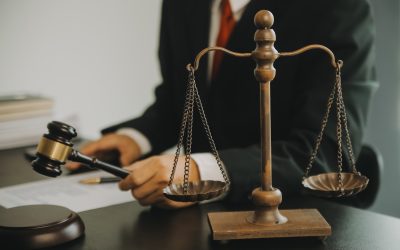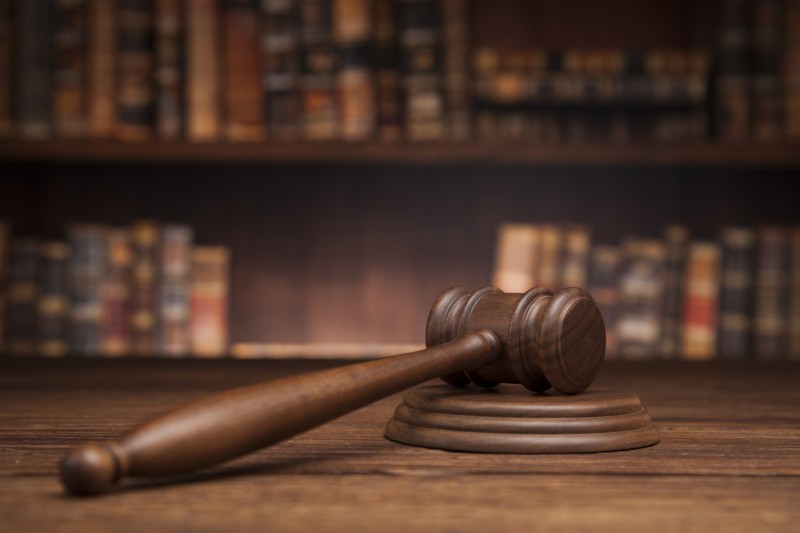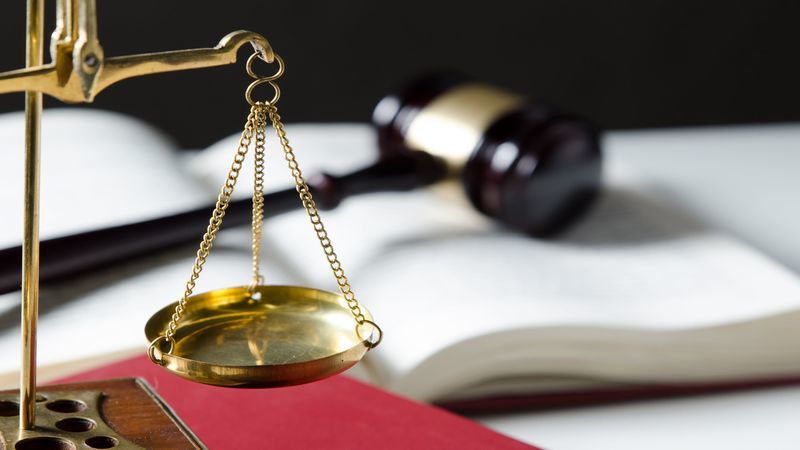When a business faces financial difficulties, filing for bankruptcy can sometimes be the only viable solution. However, a common concern among business owners is whether a business bankruptcy will affect their credit. The answer depends largely on the type of business entity and how the bankruptcy is filed.
Sole Proprietorships and Partnerships
For sole proprietorships and general partnerships, there is no legal distinction between the business and the owner. This means that the business’s debts are also the owner’s personal debts. As a result, if a sole proprietorship or partnership files for bankruptcy, it will directly impact the owner’s personal credit. The bankruptcy will appear on the owner’s personal credit report and can significantly lower their credit score, making it more difficult to obtain personal loans, credit cards, or favorable interest rates in the future.
Corporations and Limited Liability Companies (LLCs)
Corporations and LLCs are considered separate legal entities from their owners. If these types of businesses file for bankruptcy, the personal credit of the owners typically remains unaffected, provided that they have not personally guaranteed any of the business’s debts. In the absence of personal guarantees, the bankruptcy will not appear on the owners’ personal credit reports.
However, if an owner has personally guaranteed a business loan or other debt, the bankruptcy could affect their personal credit, as they would be held personally responsible for the repayment of those debts.
Personal Guarantees and Co-Signing
In many cases, especially for small businesses, owners may need to provide personal guarantees for business loans or credit. If the business files for bankruptcy and defaults on these debts, the lenders can pursue the owners personally, and this will negatively impact their personal credit. Similarly, co-signing on business debts will have the same effect.
Whether a business bankruptcy affects personal credit depends on the business structure and whether personal guarantees were made. Owners of sole proprietorships and partnerships will see a direct impact on their personal credit, while those of corporations and LLCs may not, unless they have personally guaranteed business debts. Understanding these distinctions can help business owners make informed decisions about managing their financial difficulties.
How Far Back Does the Bankruptcy Trustee Look?
Filing for bankruptcy is a significant step that involves a thorough examination of your financial history. One of the key players in this process is the bankruptcy trustee, who is responsible for reviewing your assets, debts, and financial transactions. A common question that arises is: how far back does the bankruptcy trustee look when examining your financial records?
Look-Back Periods
The look-back period refers to the time frame during which the bankruptcy trustee in St. Petersburg, FL reviews your financial transactions to ensure there are no fraudulent or preferential transfers. The specific duration of this period depends on the type of bankruptcy you file and the nature of the transactions.
Chapter 7 Bankruptcy
For Chapter 7 bankruptcy, the trustee typically looks back at your financial transactions over the past 90 days. This is to identify any preferential payments made to creditors.
If the trustee suspects fraudulent transfers, the look-back period can extend up to two years. Fraudulent transfers include transactions where you gave away or sold assets for less than their fair market value to avoid having them included in the bankruptcy estate.
Chapter 13 Bankruptcy
In Chapter 13 bankruptcy, the look-back period for preferential payments is also generally 90 days. Similar to Chapter 7, fraudulent transfer scrutiny can extend up to two years.
Exceptions and Special Circumstances
While the standard look-back periods are 90 days for preferential payments and two years for fraudulent transfers, there are exceptions:
- Insider Transactions: If you made payments or transfers to family members, friends, or business associates (known as “insiders”), the trustee may look back up to one year for preferential payments.
- State Laws: Some states have laws that extend the look-back period for fraudulent transfers beyond two years.
Why Look-Back Periods Matter
The purpose of these look-back periods is to ensure fairness in the bankruptcy process. Trustees aim to prevent debtors from unfairly favoring certain creditors over others and to recover assets that were improperly transferred out of the estate.


